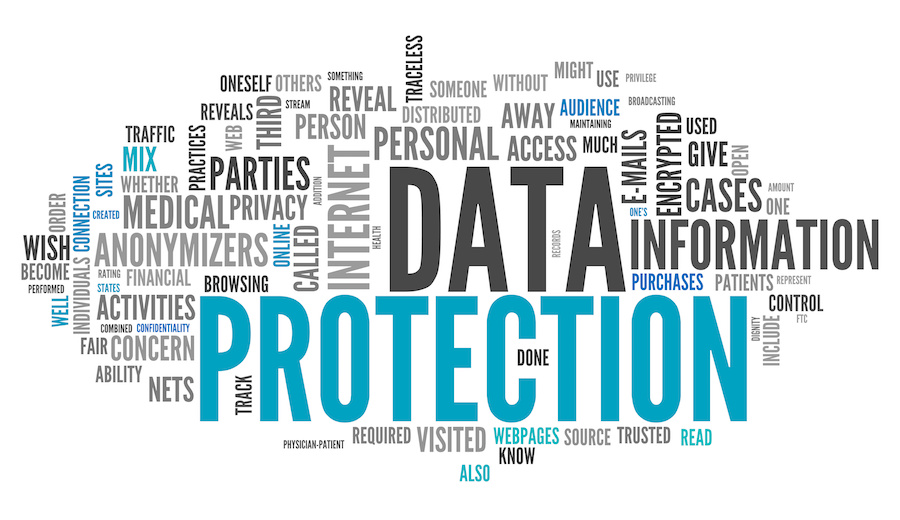advertisement
Kenyan government to collaborate with private sector on data privacy, protection framework
The Government of Kenya has committed to work with telecommunications companies and civil society advocates to develop a data privacy and…

The Government of Kenya has committed to work with telecommunications companies and civil society advocates to develop a data privacy and protection framework that will help ensure that data from mobile phone use can be shared for positive social impact.
The measures were announced at a regional forum on ‘Mobile Data for Social Impact’ held in Nairobi and attended by representatives of the governments of Ghana, Senegal, Sierra Leone, and Tanzania alongside telecommunications industry representatives and non-profits. The regional forum examined data privacy and protection issues needed to safely harness data for development created by widespread mobile use to improve public services.
Chair of the Parliamentary Committee on Information, Communication and Innovation, Hon. William Kipkemoi Kisang said: “ Technology has shrunk the world, therefore Africans must remain competitive and embody a global mindset. Together we will work to achieve a seamless transition from old to new data systems including mobile. The Government of Kenya, the private sector and civil society will co-create a data sharing and privacy framework that meets the provisions of Kenya’s soon to be enacted Data Protection Law.”
More than half the population of Sub-Saharan Africa will be subscribed to a mobile service by 2025, with the region growing fastest globally. This represents an opportunity for transformative impact. Mobile data analysis has multiple uses, with potential to provide real-time data on the everyday challenges associated with health, education, water, and government planning issues of population movements and migration, tracking urban sprawl and more.
advertisement
Mobiles have already enabled women giving birth outside health facilities to register births, facilitated trainings for community health workers in remote locations, and transferred information on planting cycles and farming subsidies to smallholder farmers.
Dr. Korir Singoei, the Legal Advisor at the Office of the Deputy President said that the Forum is being held at a critical moment where Africa is aspiring to take the lead in technology and innovation. Dr. Korir emphasized that, “Africa will require to invest in critical data infrastructure, build capacity of public and private sector to harness the power of mobile for development and job creation.”
Davis Adieno, Regional Director for Africa at the Global Partnership for Sustainable Development Data (GPSDD), one of the forum’s co-hosts, noted that despite the great potential of mobile data to support the delivery of the sustainable development agenda across Africa, access to the data remains a challenge. Barriers include the absence of policy and legal frameworks for unlocking and sharing the data, the need to protect citizens’ privacy, and complex data security requirements, creating uncertainties for private sector mobile companies willing to share their data.
advertisement
Wrapping up the first day’s outcomes Mr Adieno said: “We welcome these plans to connect data supply and demand, to improve the lives of ordinary Kenyans. Many countries are grappling with similar issues, that’s why we are establishing an international working group with representatives of Ghana, Kenya, Senegal, Sierra Leone, and Tanzania and diverse groups that can inspire collaboration to support achievement of the Sustainable Development Goals through public-private partnership.”